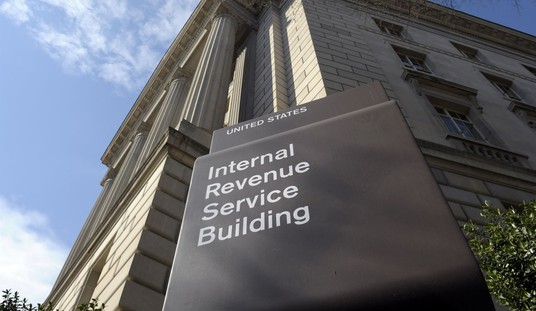California has long been the poster child of a homelessness crisis and the extreme cost of living. Now, Governor Gavin Newsom has decided that the best way to tackle the issue will be to separate the Housing Agency from the Business, Consumer Services, and Housing Agency, where it is currently incorporated, according to the LA Times.
As an independent agency, Housing will have its own cabinet-level official, who will be capable of advising the governor on California's leading issue. Currently, "affordable housing grantmakers, lenders and urban planning regulators share agency letterhead with cannabis and alcohol industry overseers, professional licensors, car mechanic watchdogs and everyone at the California Horse Racing Board." A striking example of the bureaucratic inefficiency of California's executive branch.
For a state that claims housing affordability is a top priority, the process for developers seems to be fraught with useless administrative red tape (via the LA Times):
There is one state organization where affordable housing developers apply for loans, another where they go for most grants, a third where they apply for the federal tax credits that builders use to entice private investors to back their projects and a fourth for the bonds needed to secure many of those credits.
A report from the Rand Institute found, to no one's surprise, that publicly funded projects in California cost more than 2.5 times more per square foot than in states like Texas and Colorado, mostly due to government policy dragging out the time it takes to complete construction projects. While there may be a government agency solely for housing, the largest sources of funding will remain out of the governor's control (via the LA Times):
Recommended
The major funding sources managed by the treasurer’s office will remain where they are. The California Constitution wouldn’t have allowed Newsom to commandeer those functions from the independent treasurer even had he wanted to.
This means the California Treasurer is not beholden to Governor Newsom’s agenda, but is independently elected and responsible for their own decisions. While that separation of power is generally a healthy safeguard against executive overreach, in a state like California, where one-party rule tends to favor centralized, government-driven solutions, it can also create friction. The result is a complicated bureaucracy where even well-intentioned reforms get tangled in competing agencies.
While Governor Newsom touted the Housing Agency as a success, some California Democrats have voiced disapproval over the stupidity of the move.
State Senator Christopher Cabaldon a Democrat from Napa told the LA Times, "Pf the many ways in which the scarcity of affordable housing affects most people, 'the lines on the org chart' don’t crack the 'top 100 list.'"
He went on to say "The dance of the secretaries we do constantly, always with grand ambitions, simply saying that it’s going to cause more focus, that it will be streamlined, that it will cause leadership-level action — but how?"
California's real issue is not a lack of government oversight; its issue is that there is too much. Governor Newsom, since 2019, has spent around $24 billion to try and fix California's homelessness and over $40 billion to address housing affordability. Both issues have worsened. The percentage of California households able to afford a median-priced home remains near historic lows, the cost of buying a home has surged dramatically, more than half of California renters spend more than 30 percent of their income on rent, and the homeless continue to grow in numbers.
In a state where inefficiency is a feature, whether the creation of a standalone Housing Agency will amount to anything more than a reshuffling of bureaucratic titles seems doubtful.






















Join the conversation as a VIP Member